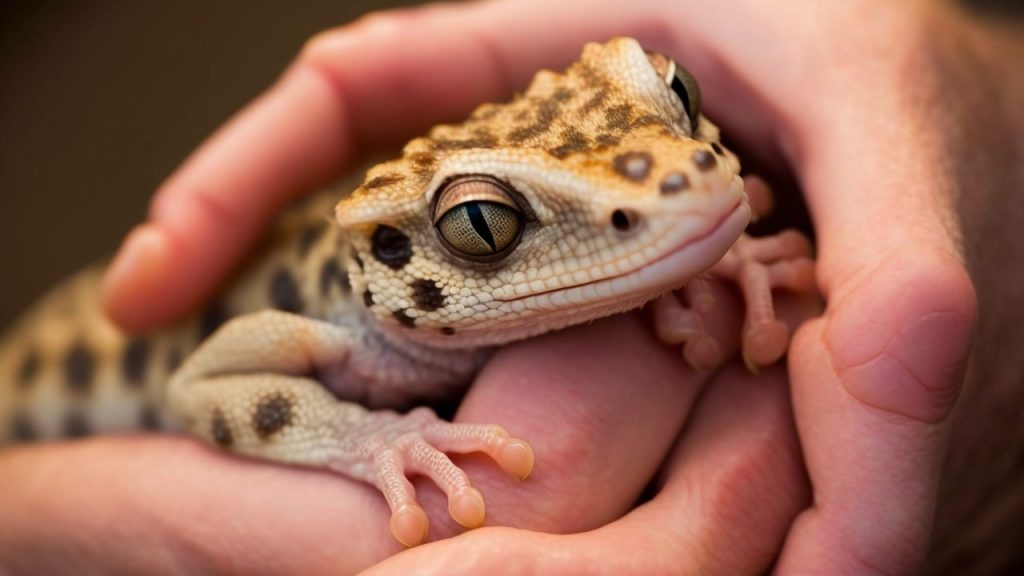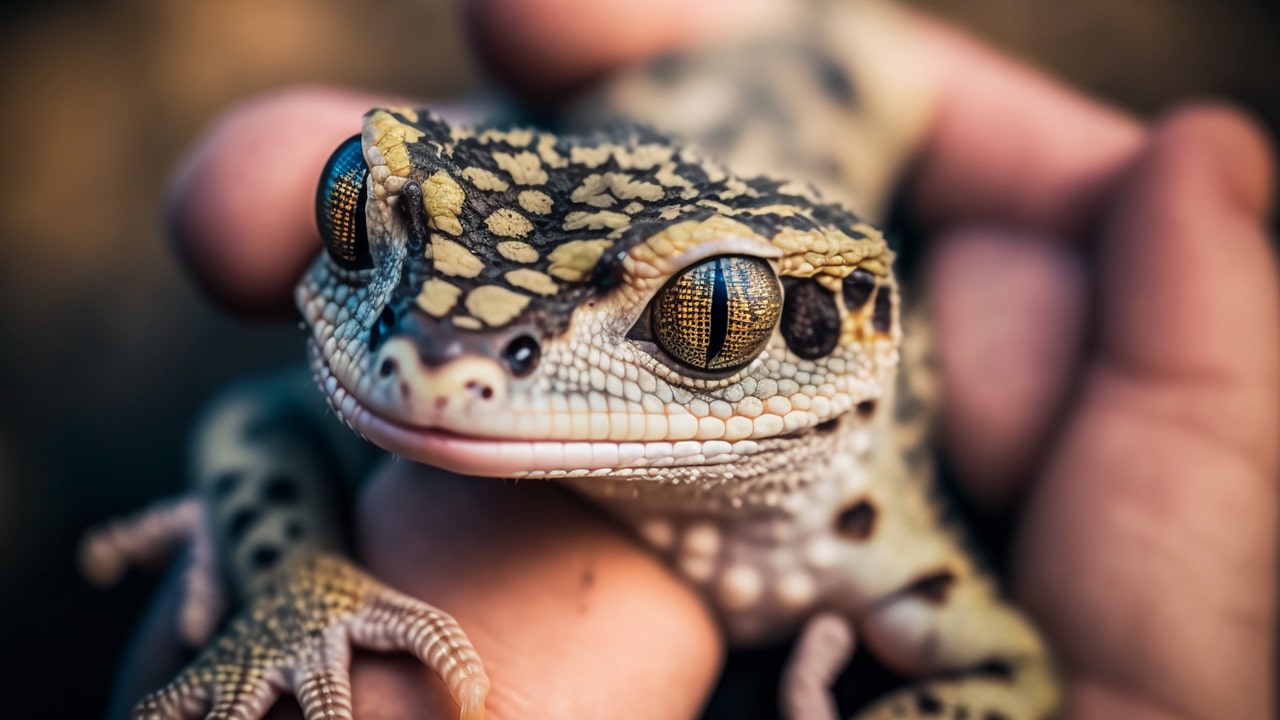Leachianus Gecko Care Sheet : Leachianus geckos, also known as giant geckos, are one of the largest species of geckos in the world. They are native to New Caledonia, an island chain located in the South Pacific. Due to their impressive size and unique appearance, Leachianus geckos have become a popular choice for reptile enthusiasts. In this article, we will discuss everything you need to know about caring for Leachianus geckos, including size, morphs, price, and more.
Contents
Background Information on Leachianus Geckos
Leachianus geckos are native to the rainforests of New Caledonia, where they can be found living in trees and other vegetation. They are primarily nocturnal and spend most of their time hiding during the day. In the wild, their diet consists of insects, fruit, and nectar. In captivity, Leachianus geckos should be fed a diet of gut-loaded crickets, mealworms, and a variety of fruits.
Leachianus geckos have an average lifespan of 20-25 years and can grow up to 14 inches in length. They are a heavy-bodied species and can weigh up to 350 grams.
Housing Leachianus Geckos
When it comes to housing Leachianus geckos, it is important to provide them with an enclosure that is large enough for them to move around comfortably. A 40-gallon terrarium is recommended for one adult gecko, with an additional 20 gallons of space per extra gecko. The enclosure should be well-ventilated and made of glass or plastic.
Temperature and humidity are crucial factors in the health of Leachianus geckos. The temperature inside the enclosure should range from 75-85°F during the day, with a drop to 70-75°F at night. The humidity level should be maintained at 70-80%. To achieve this, mist the enclosure with water several times a day and provide a shallow water dish for your gecko to soak in.
Lighting and substrate are also important considerations when housing Leachianus geckos. A UVB light should be provided to help your gecko metabolize calcium and prevent metabolic bone disease. The substrate should be a mixture of sphagnum moss, coco coir, and bark, which will retain moisture and provide a naturalistic environment for your gecko. Avoid using sand or gravel, as these substrates can cause impaction if ingested.
It is important to provide hiding spots for your Leachianus gecko, as they are a shy species that prefers to hide during the day. You can use cork bark, branches, and artificial plants to create a naturalistic environment that will make your gecko feel secure.
Handling and Care for Leachianus Geckos Care Sheet
Leachianus geckos are not a handleable species, as they are shy and easily stressed. If you need to handle your gecko for health reasons, be sure to do so gently and with care. Never grab your gecko by the tail, as it can detach as a defense mechanism and cause injury.
When it comes to the health and hygiene of your Leachianus gecko, it is important to keep their enclosure clean and free of feces and uneaten food. Spot clean the enclosure daily and do a full clean-out every month. You should also provide a shallow water dish for your gecko to soak in, which will help keep their skin hydrated and prevent shedding issues.

Common health issues in Leachianus geckos include respiratory infections, mouth rot, and parasitic infections. If you notice any signs of illness, such as wheezing, open-mouth breathing, or lethargy, it is important to take your gecko to a reptile veterinarian as soon as possible. Treatment options may include antibiotics or anti-parasitic medications.
It is also important to provide a balanced diet for your Leachianus gecko. They are primarily insectivores, and their diet should consist of a variety of insects such as crickets, roaches, and mealworms. You can also offer occasional fruit or baby food as a treat.
Leachianus Gecko Morphs and Prices
Overview of common morphs Price ranges for different morphs Where to purchase Leachianus geckos
Leachianus geckos come in a variety of morphs, each with their own unique coloration and pattern. Common morphs include the red phase, blonde phase, and mossy prehensile-tailed phase.
The price range for Leachianus geckos varies depending on the morph and age of the gecko. A baby gecko can cost anywhere from $500 to $1,500, while an adult gecko can cost upwards of $2,000 or more.
If you are looking to purchase a Leachianus gecko, it is important to do your research and find a reputable breeder or pet store. Look for a breeder who specializes in Leachianus geckos and has a good reputation for breeding healthy and well-cared-for animals. You can also check online reptile forums and classifieds to find reputable sellers.
Conclusion:
In conclusion, Leachianus geckos are fascinating and unique pets that require specialized care and attention. They have specific requirements for housing, diet, temperature, and humidity that need to be met in order to keep them healthy and thriving. It’s important to do thorough research and consult with a veterinarian or experienced reptile keeper before bringing a Leachianus gecko into your home. With proper care and attention, they can make wonderful and rewarding pets for those who are up to the challenge.


